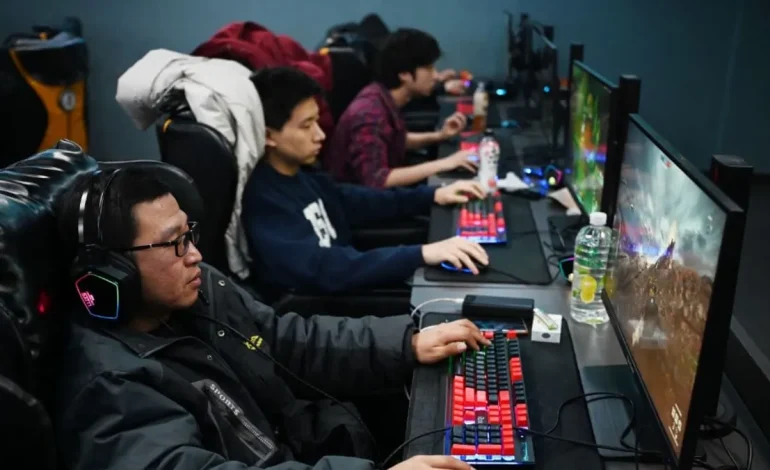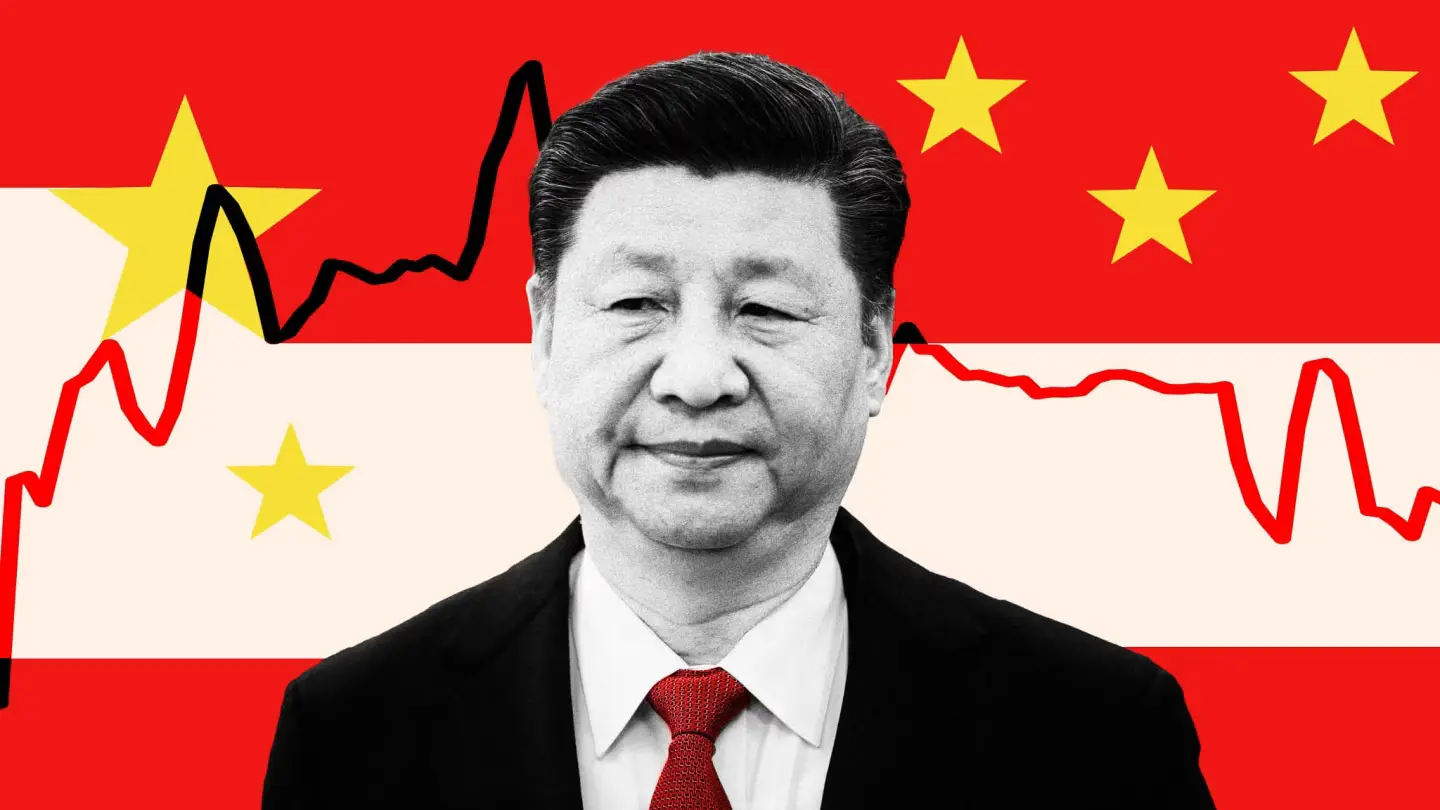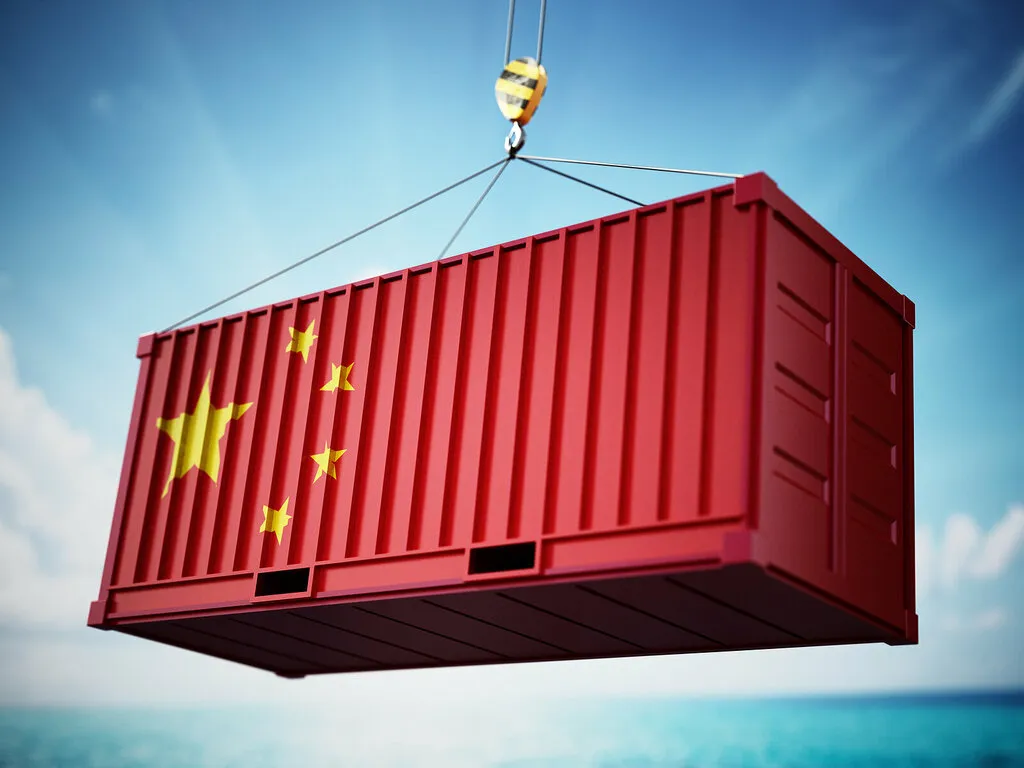The New Wave of Women Founders in DeepTech

The New Wave of Women Founders in DeepTech
China’s under-40 women entrepreneurs are breaking barriers in AI, biotech, and semiconductors.
Breaking the Mold
China’s tech ecosystem has often been dominated by male founders, but a new wave of women entrepreneurs many in their 30s and even late 20s is reshaping the landscape of DeepTech. Their ventures span AI chips, precision medicine, and quantum computing, challenging stereotypes about who leads in hard science innovation.
This generational shift highlights not only progress in gender equity but also the rising importance of women as key drivers of China’s innovation economy.
Startups at the Frontier
Notable examples include:
- A 29-year-old AI chip designer in Shanghai whose startup develops energy-efficient processors for robotics.
- A biotech founder in her early 30s using genomic sequencing to tackle rare diseases.
- A quantum hardware innovator from Hefei who co-leads a lab transitioning academic breakthroughs into commercial prototypes.
These women are operating at the intersection of research and commercialization, areas critical for China’s technological self-reliance.
Funding Barriers and Breakthroughs
DeepTech is notoriously capital-intensive, and women founders often face steeper challenges in raising funds. Yet many are leveraging government-backed innovation funds, international venture capital, and partnerships with universities to scale.
Some also tap into digital financing platforms that offer faster settlements and transparent capital flows tools that lower barriers for smaller, younger firms competing against state-backed giants.
Leadership Styles
What sets this new generation apart is not just their technical expertise but also their collaborative leadership styles. Many emphasize building inclusive teams, fostering long-term research partnerships, and aligning with global ethical standards.
Interviews with these founders reveal a consistent theme: balancing ambition with responsibility, ensuring technologies serve both markets and society.
Policy and Ecosystem Support
China’s central government has made gender inclusion in science and entrepreneurship a policy priority. Initiatives like the “She Powers Tech” program provide mentorship, while local governments in Shenzhen, Shanghai, and Beijing have created innovation hubs designed to attract female founders.
These policies signal recognition that gender diversity is an innovation multiplier, not just a social goal.
Global Reach
Many of these women-led DeepTech startups are already engaging internationally. Some partner with labs in Europe and North America, while others focus on expanding into emerging markets with affordable biotech solutions.
In doing so, they serve as ambassadors of a more inclusive Chinese tech ecosystem, one that blends national ambition with global collaboration.
Challenges Ahead
Despite progress, challenges remain:
- Cultural bias within investment circles.
- Scaling difficulties in capital-heavy fields like semiconductors.
- Geopolitical headwinds, as global collaboration becomes politically sensitive.
Addressing these will be critical if China wants to sustain its DeepTech momentum with diverse leadership.
Outlook: Women at the Core of DeepTech
The rise of under-40 women founders in China’s DeepTech sector is more than a social milestone. It is a signal of where the next breakthroughs in global technology may come from.
For global readers, their story is a reminder that innovation is not shaped only by policies or companies but by the individual leaders breaking boundaries in labs and boardrooms.
As China strives to compete in semiconductors, AI, and biotech, women founders are no longer on the margins. They are becoming the core of the next wave of innovation.






